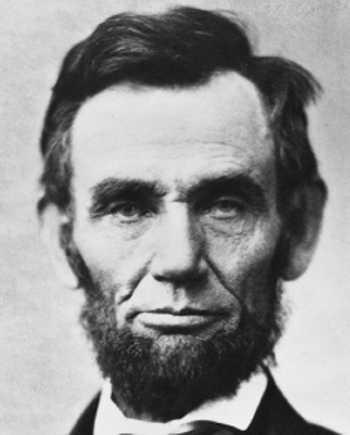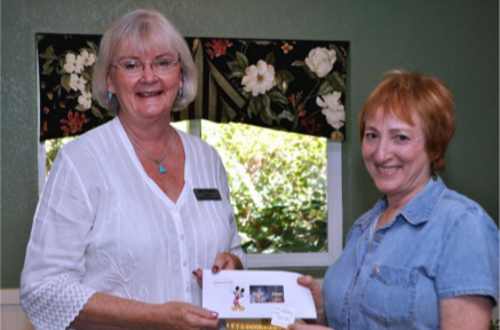
UPPER LAKE, Calif. – One hundred and 50 years ago this month, Abraham Lincoln issued the Emancipation Proclamation, which altered the course of the Civil War and changed America forever.
The Redwood Empire Civil War Roundtable will be discussing this momentous document at their next gathering on Tuesday, Oct. 2, beginning at 6:15 p.m. at the historic Tallman Hotel in Upper Lake.
The Emancipation Proclamation was somewhat of an enigma and a paradox. Common understanding is that it freed the slaves.
“In reality, it freed very few, as it declared as free only those slaves that were in Confederate control and beyond the power of Lincoln to free them,” Roundtable Co-founder Phil Smoley said.
“It maintained slavery in areas under United States control,” he said. “In fact, the Emancipation Proclamation maintained slavery in the states of Maryland, Delaware, Kentucky, Missouri, Tennessee and much of Louisiana and Virginia. Freedom did not come to the slaves in those areas until months after the war was over and Lincoln had died. Thus, the Emancipation Proclamation had the strange effect of attempting to free the slaves where it couldn’t, while maintaining slavery in the United States where it could free them.”
In addition, at the time Lincoln issued the proclamation, it did not take effect until Jan. 1, 1863. Lincoln’s goal was to give the southern states 100 days to return to the Union, and if they did, they could keep their slaves. This element further clouded the motives and priorities behind the proclamation, according to Smoley.
At the time, the Emancipation Proclamation was highly controversial, even in the North. Since Lincoln bypassed Congress, there were questions of whether he had the Constitutional power to make such a proclamation in the first place.
“But it had a powerful effect internationally, and it changed the war’s focus from solely a war of conquest and forced reunion to adding the element of emancipation, which undoubtedly ended slavery in America years earlier than would have occurred without the war,” Smoley added.
Tallman Hotel proprietor and avid historian Bernie Butcher will lead the discussion and analyze the events leading to the proclamation and its impact on the war and the people it affected.
There also will be a review led by local historian Zane Jensen of other events of October 1862, including the Battle of Perryville, the biggest and bloodiest battle to occur in Kentucky.
The meeting is free and open to anyone attending.
For more information, contact either Phil Smoley, 707-264-4905, or Zane Jensen,

 How to resolve AdBlock issue?
How to resolve AdBlock issue? 






